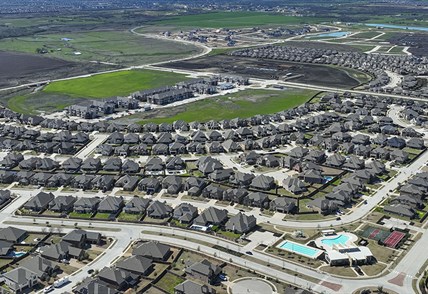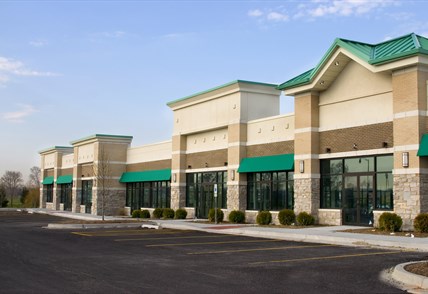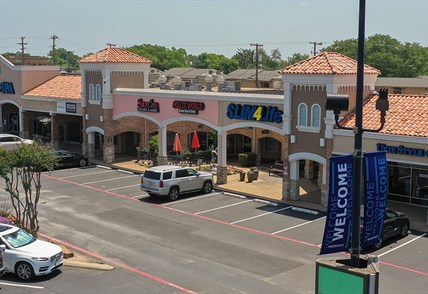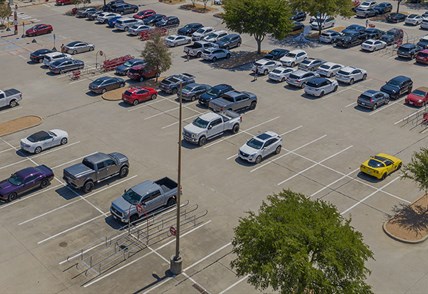By Bob Young, Executive Managing Director, Weitzman
The retail real estate industry “has seen five to 10 years of change in six months” due to the COVID-19 pandemic, according to one of the most influential voices for retail real estate, Tom McGee.
McGee, president and CEO of the International Council of Shopping Centers, recently spoke to the Weitzman team during a statewide meeting held virtually, which itself is evidence of the changes evoked by the pandemic.
As the ultimate consumer-facing industry, retail is at the epicenter of the COVID-19 crisis, McGee said. Trends accelerated during the pandemic include curbside pickup, online shopping, and the merger of the digital and physical worlds.
McGee noted that people talk about the different channels for shopping, but he says, “There is only one channel—the consumer channel.” To be successful, especially today, retailers need to satisfy customer needs no matter when, where, and how they want to shop.
Many of these trends already were in the works, but the acceleration caused by the pandemic requires rapid structural changes on the part of shopping centers and retailers. Curbside, for example, requires restructuring traffic flow within a project and requires the retailer to adjust the store layout to accommodate the change.
Post-pandemic, McGee expects to see a physical retail rebound to or near pre-pandemic levels, even though some changes like increased online shopping and curbside pickup will remain highly utilized.
The success of concepts like Target and Walmart, which have seen huge gains in sales during the pandemic, highlights the importance of a physical store presence combined with a robust digital outreach to consumers. And when shoppers can again feel safe, he expects to see the majority of people will again patronize physical retail, even dining, and entertainment. “People value social interaction,” he said.
ICSC SURVEY GAUGES CONSUMER SENTIMENT
To see short-term changes, ICSC gauged consumer sentiment during the pandemic. Recent surveys show that, during the pandemic, consumers continue to take advantage of different shopping channels but fewer patronize physical stores.
In recent surveys, conducted by Engine Insights on behalf of ICSC, consumers reported:
• 57 percent ordered restaurant takeout
• 55 percent ordered online and had merchandise shipped
• 34 percent shopped a physical store for non-essential (clothing, electronics, etc.) goods
• 31 percent ordered online and pickup inside the store or curbside
• 23 percent dined inside a restaurant, bar, or other eating places
• 13 percent shopped at a mall
Longer-term, consumers told ICSC they would do the following within two months after a reduction in the spread of the virus:
This post originally ran in D CEO Magazine
• 71 percent would visit a physical store to buy clothing, electronics, etc.
• 59 percent would patronize restaurants or bars
• 53 percent would visit personal service providers like spas and nail salons
LOBBYING FOR HELP
McGee also noted that he continues to meet with senators and other lawmakers to stress that retailers, particularly small retail businesses, remain among those most hurt by the pandemic. Therefore, ICSC is actively lobbying for “Main Street” legislative and financial support.
For example, ICSC notes that it leads a coalition of more than “150 business groups representing the workplaces of 58 million workers calling for additional economic support to provide rapid liquidity to commercial sectors impaired by the coronavirus to help businesses reopen, retain and rehire employees and pay essential business expenses such as rent, utilities, and certain debt obligations.”
All said, Tom’s focus and insight into the retail industry offer an example of the adaptation, creativity, flexibility, and patience that will support the recovery of retail and retail real estate.




